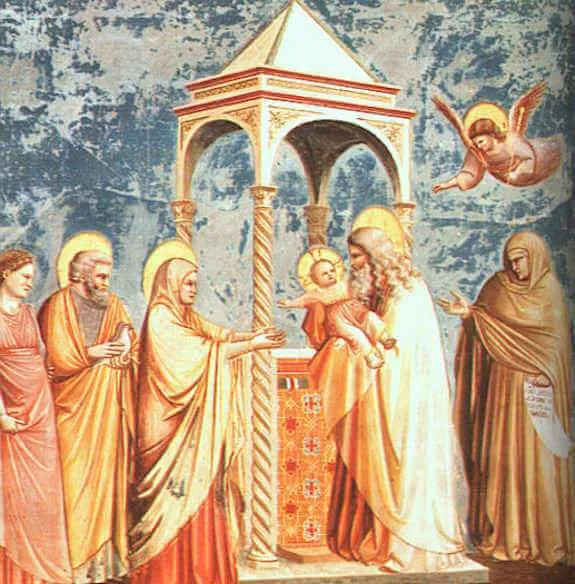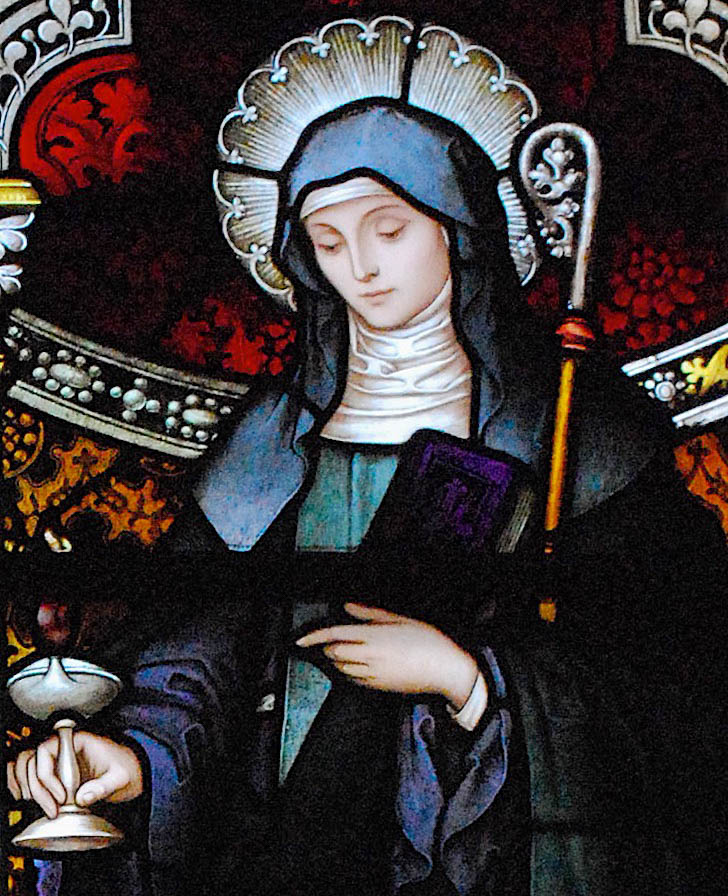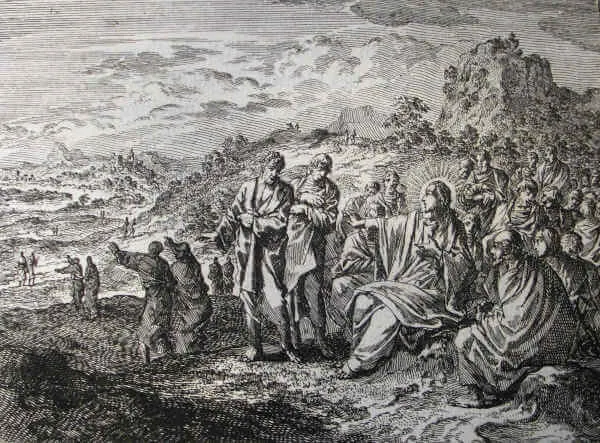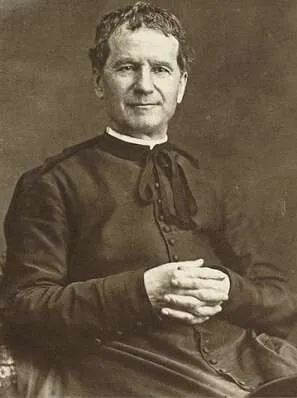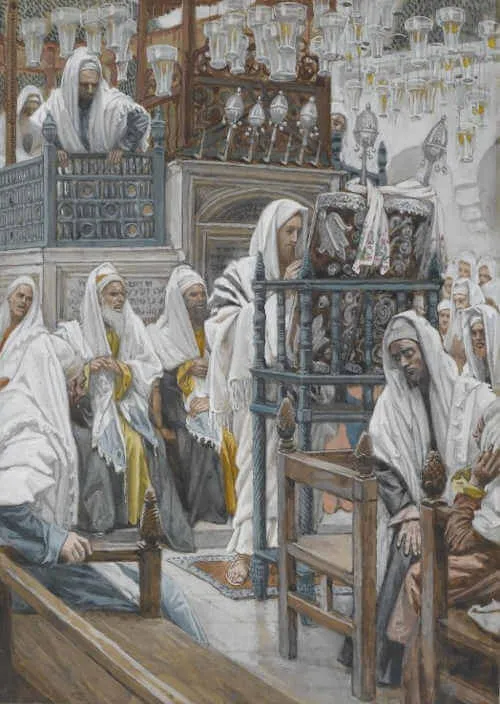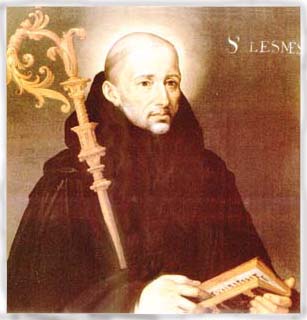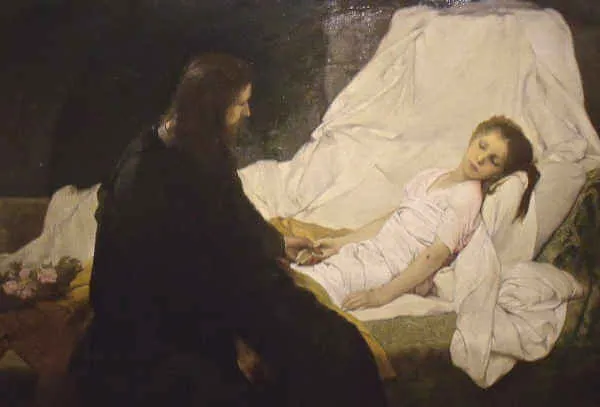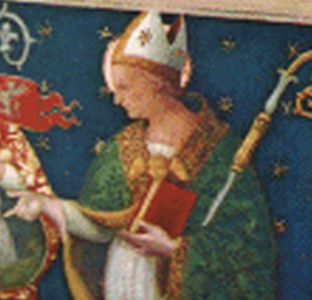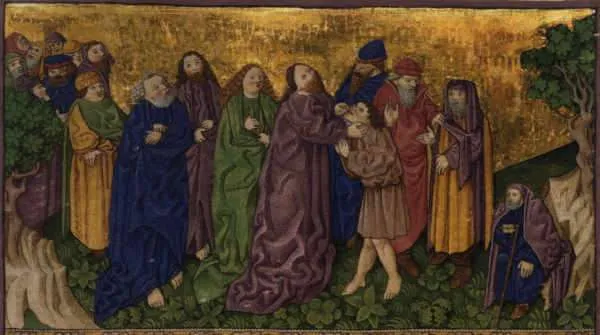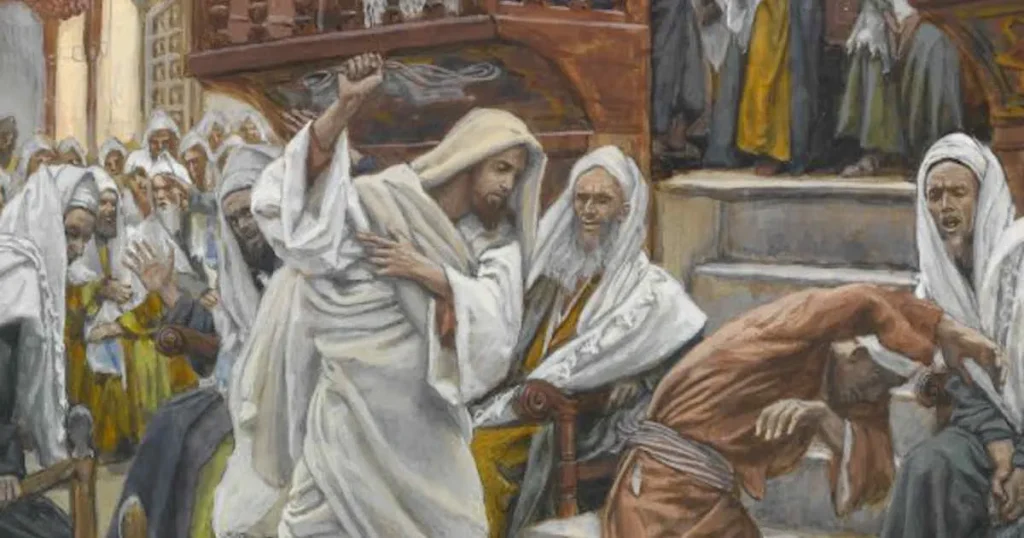Luke 2:29-32
The Culmination of a Life of Faith
“Now, Master, you may let your servant go in peace, according to your word, for my eyes have seen your salvation, which you prepared in the sight of all the peoples: a light for revelation to the Gentiles, and glory for your people Israel.”
Reflection:
At the time of Jesus’ birth, there was a man named Simeon who had spent his whole life preparing for one significant moment. Like all faithful Jews at the time, Simeon was waiting for the coming Messiah. The Holy Spirit had revealed to him that he would indeed see the Messiah before his death—and so this happened when Mary and Joseph brought Jesus into the Temple to offer Him to the Lord as an infant.
Try to imagine the scene. Simeon had lived a holy and devout life. And deep within his conscience, he knew that his life on earth would not come to an end until he was privileged to see the Savior of the World with his own eyes. He knew this by a special gift of faith, an interior revelation of the Holy Spirit, and he believed.
It’s helpful to think about this unique gift of knowledge that Simeon had throughout his life. Normally we gain knowledge through our five senses. We see something, hear something, taste, smell, or feel something, and as a result come to know it to be true. Physical knowledge is very reliable and is the normal way we come to know things. But this gift of knowledge Simeon had was different. It was deeper and was spiritual in nature. He knew he would see the Messiah before he died, not because of some external sensory perception he had received but because of an interior revelation from the Holy Spirit.
This truth begs the question, which type of knowledge is more certain? Something you see with your eyes, touch, smell, hear or taste? Or something that God speaks to you in the depths of your soul by a revelation of grace? Though these types of knowledge are different, it’s important to understand that the spiritual knowledge that is given by the Holy Spirit is far more certain than anything perceived through the five senses alone. This spiritual knowledge has the power to change your life and direct all your actions toward that revelation.
For Simeon, this interior knowledge of a spiritual nature suddenly united with his five senses when Jesus was brought into the Temple. Simeon suddenly saw, heard and felt this Child Whom he knew he would one day see with his own eyes and touch with his own hands. For Simeon, that moment was the culminating moment of his life.
Reflect, today, upon anything that our Lord has spoken to you in the depths of your soul. Too often we ignore His gentle voice as it speaks, preferring instead to live only in the sensory world. But the spiritual reality within us must become the center and foundation of our lives. It is there where God speaks, and it is there where we, too, will discover the central purpose and meaning of our lives.
Source: https://catholic-daily-reflections.com/2024/02/01/the-culmination-of-a-life-of-faith-3/


